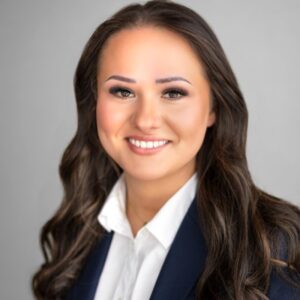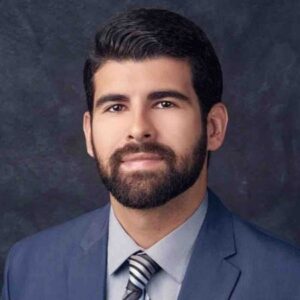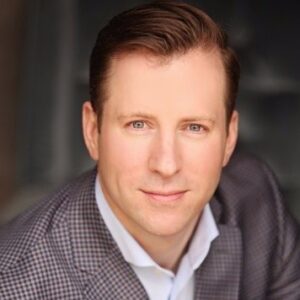Finding great hires takes more than reviewing résumés or checking off skill requirements. For many leaders, the best candidates show clear patterns of accountability, adaptability, and long-term potential while the red flags often surface early through behavior, language, or even how they follow directions. In this article, entrepreneurs and hiring leads share their most effective filters and disqualifiers when building their teams.
Accountability, Adaptability, and Values Fit
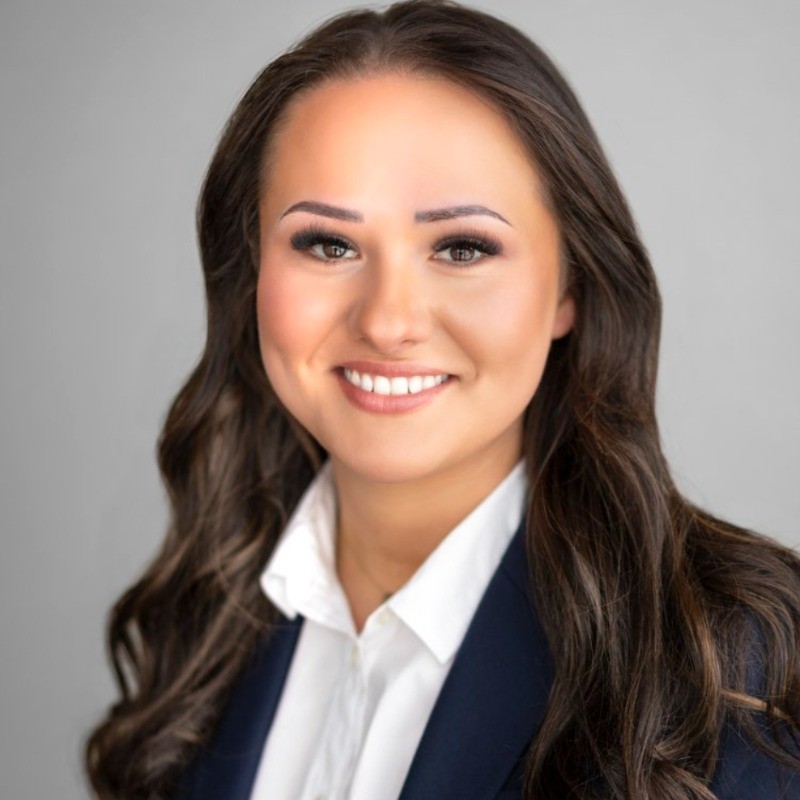
Nina Baker, director of business operations at Summit Search Consultants, looks for candidates who can clearly connect their past work to business outcomes. She views values alignment and the ability to learn from feedback as strong signals of long-term success. A history of growth, humility, and accountability is what sets top candidates apart.
“We’re looking for candidates that can quantify their impact on the business.”

Anu Mandapati, CEO of Qultured, filters for curiosity, adaptability, and alignment with values not just culture fit but culture add. Self-awareness, willingness to grow, and personal accountability are her top green flags, while poor collaboration or resistance to feedback are instant concerns.
“Most skills can be taught, but a person’s mindset, character, and work ethic are hard to change.”

Makena Finger Zannini, founder and CEO of The Boutique COO, focuses on indicators of resourcefulness and judgment. She values candidates who can explain how they approached challenges, not just the results. Red flags include speaking poorly about past employers or failing to acknowledge personal areas for improvement.
“I’d rather hire someone energized by solving problems than someone with the ‘perfect’ resume.”
Real-World Filters and Testing
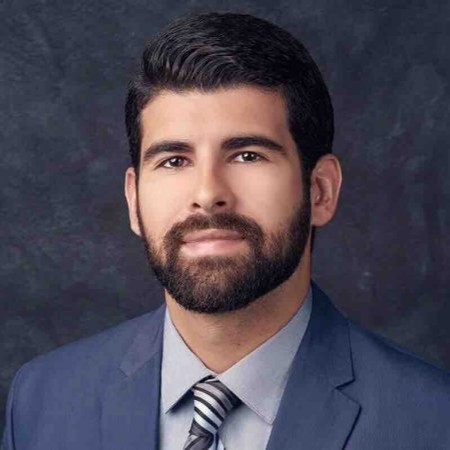
Guillermo Triana, founder and CEO of PEO-Marketplace.com, believes strong candidates stand out before the interview stage by following basic application instructions and customizing their materials. He uses real-world prompts to test curiosity and alignment.
“I once asked a candidate to describe our service from a client’s point of view. That filtered out 80 percent.”

Susan Snipes, head of people at Remote People, tailors filters and tests to each role. For technical positions, she uses job-specific exercises; for culture, she listens for structure, clear communication, and familiarity with relevant tools. Disqualifiers include rambling responses, poor demeanor, or negativity toward previous employers.
“Green flags are structured answers, relevant experience, and tools knowledge. Poor attitude ends the conversation early.”
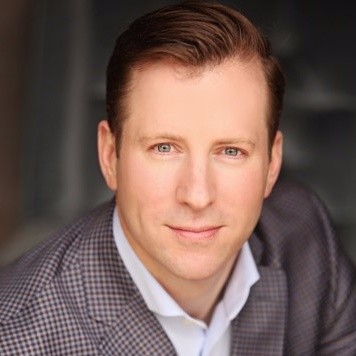
David Case, president of Advastar, adapts his hiring filters to the industry. He uses practical skill tests for trades, personality assessments for leadership, and certification checks for compliance-driven roles. He emphasizes reliability and a collaborative mindset as key indicators of a strong hire.
“I immediately pass on candidates whose track record shows unreliability or dishonesty.”
Whether through structured interviews, application tasks, or subtle behavioral cues, these leaders agree that great hires reveal themselves through consistent, real-world alignment. Skills may be trainable, but attitude, values, and accountability remain the most durable filters of success.

